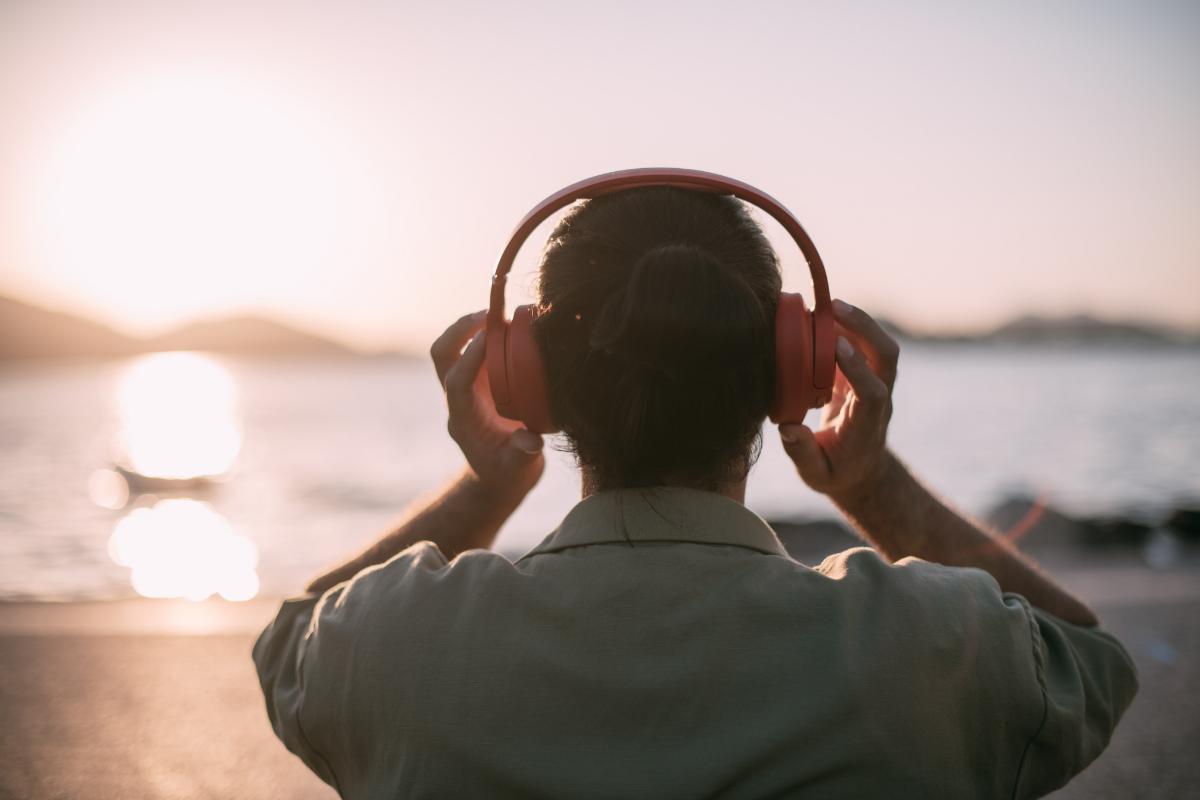While healing from addiction, individuals may discover some elements of recovery are as enjoyable as they are effective. There’s a link between music and recovery; music therapy can benefit the mind, body, and emotions during treatment, helping participants find lasting wellness.
The music therapy program at Gulf Breeze Recovery is one of the many integrated approaches to holistic wellness offered within our program. We equip clients with the life-long skills necessary for successful sober living. Contact our team today at 833.551.2304 to learn more about our treatment programs in Gulf Breeze, FL, and how music can benefit your health.
Music and Addiction Recovery
In a music therapy program, participants are encouraged to use music as a tool for self-expression under the guidance of a licensed and knowledgeable music therapist. Most of the activities are improvisatory, enabling clients to take moments of spontaneous inspiration and translate them into sound. In addition, clients explore their emotional responses to music and learn how to use it as an ongoing part of their recovery to evoke desirable mental states.
Unlike traditional music lessons, skill acquisition is not the goal. Instead, therapists design activities that allow clients to participate in music-making immediately. No prior training in music is required, nor do clients need to have any particular degree of musical talent.
Music and addiction recovery can achieve positive effects through a combination of:
- Guided listening activities
- Opportunities to move to different types of music
- Singing along to music
- Playing instruments
- Discussing responses to recorded or performed music
Music therapy in recovery can be used beneficially in practically any context and holds strong potential to enhance the benefits of other interventions.
How Can Music Affect Your Health?
Some of the ways a music therapy program can affect your health and overall well-being include the following:
- Enhances the ability to access thoughts and emotions from a very different angle than talk therapy, allowing clients to express complex sentiments like grief and loss in a non-verbal fashion
- Cultivates the client’s communication skills, especially their capacity to listen and respond to others with empathy
- Allows clients fun and engaging ways to participate in physical movement and exercise
- Offers opportunities to exercise creative behaviors within a group setting
- Reduces negative feelings such as anxiety and depression
- Encourages music to serve as a soothing, engaging replacement for drugs or alcohol
- Invites feelings of achievement, both individually and as part of a group, improving self-esteem
- Encourages muscular relaxation, providing a natural approach to ongoing pain management
Music therapy may even establish new models of thought for some clients, allowing them to practice newly acquired skills with the appropriate guidance. It may also provide patients a highly constructive way to fill the void when they discontinue substance use.
Music therapy can also improve emotional regulation and motivation, encouraging clients to invest more deeply in their recovery. These combined benefits can be especially useful for clients undergoing therapy for co-occurring disorders or who may have struggled with traditional approaches to treatment in the past.
The Music Therapy Program At Gulf Breeze Recovery
At Gulf Breeze Recovery, every client receives an individualized treatment program designed to address their needs innovatively. We provide music therapy and other interventions to help individuals develop healthy coping mechanisms and achieve lasting sobriety. Our approach allows clients to not only cease using drugs or alcohol but return to their lives with a better ability to understand their thoughts and needs.
Don’t wait any longer to reach out for help. Contact our team at 833.551.2304 or online to learn how our holistic approach can transform your life from this day forward.







